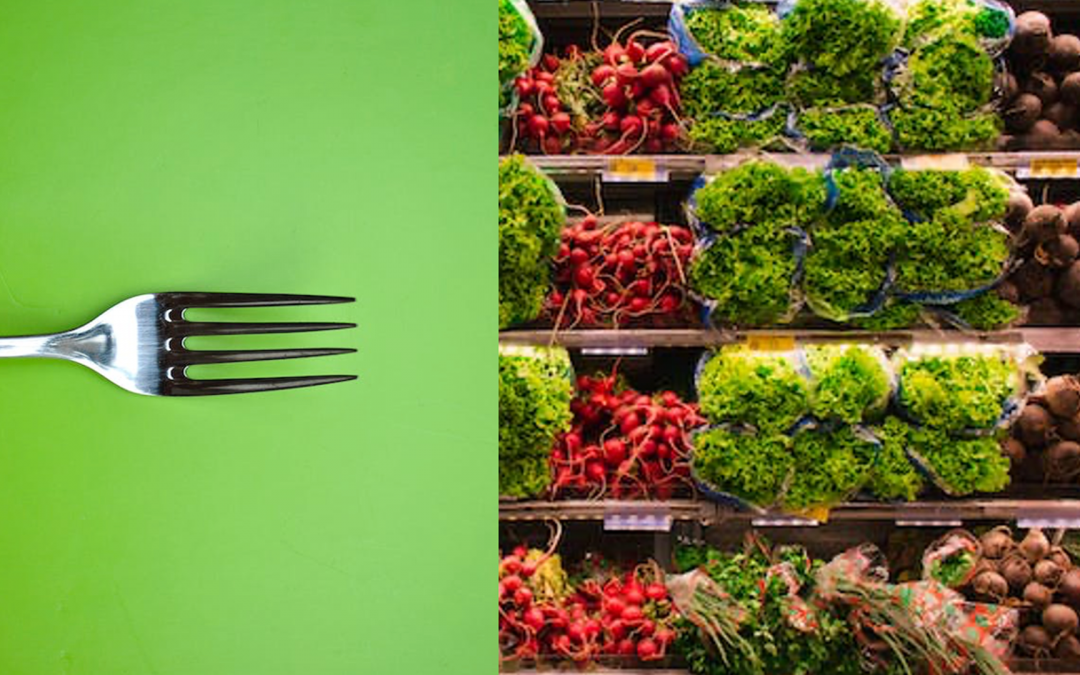Our eating has a major impact on the environment and the climate so sustainable ways of eating need to become the norm.
– Traders are trapped in the current system, says Vishal Parekh, doctoral student at KTH.
Vishal Parekh, doctoral student at KTH, and Åsa Svenfelt, researcher at KTH, have investigated how actors in the food supply system work to change food consumption patterns. Today, measures are mainly taken that focus on making the individual consume differently, the study shows. An example of this is nudging, where the consumer is encouraged to consume, for example, organic or plant-based by making such products more readily available or presenting them as the default option.
But solutions are needed that tackle the problem at a higher level, for example by simply removing climate-damaging goods from the supply. These solutions are not that common today but do occur.
– The fact that there are few examples of anything other than individual-based solutions may be because the companies themselves, as well as individuals, are locked into the current system and that it is difficult to do things in a completely different way, says Vishal Parekh.
There are opportunities to develop alternative solutions that go beyond individuals’ behaviors and can make sustainable eating possible more broadly, according to the study. It could be to buy and cook food on items that are in season or have been left over, to reduce waste. It could also be to redefine business logic so that profitability is based on the well-being of people or planet rather than financial gain.
– We believe that current ways of looking at sustainable consumption need to be challenged to find new ways that take complexity into consideration and see the full context, says Vishal Parekh.
To succeed, cooperation is needed between many strategic actors, both in the food supply system and in politics.
Freja Handler
THE ARTICLE:
Read the whole article here: “Taking sustainable eating practices from niche to mainstream: the perspectives of Swedish food-provisioning actors on barriers and potentials”
CONTACT:
Åsa Svenfelt, Docent, The Department of Sustainable Development, Environmental Science and Engineering, KTH
asa.svenfelt@abe.kth.se
+46 8 790 8818
